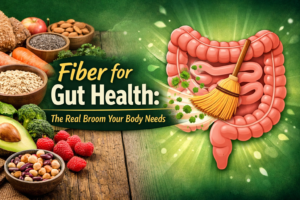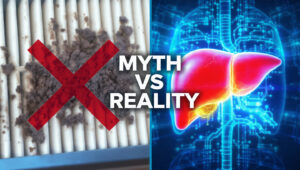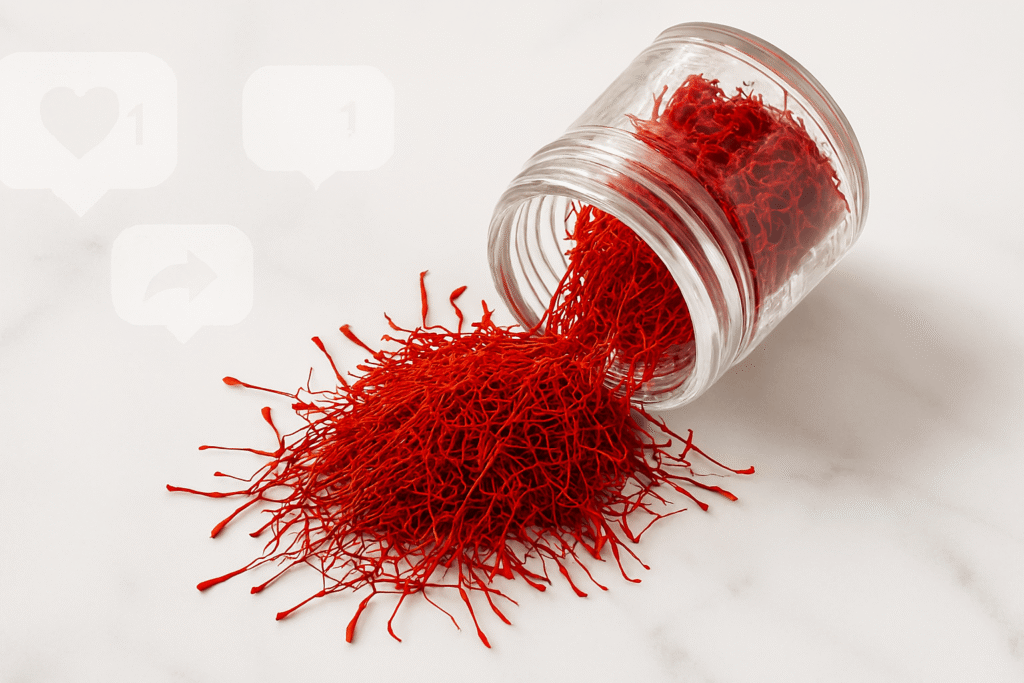
Saffron threads symbolizing saffron new antidepressant trend
“Social media hails saffron as the new antidepressant—but what do experts say? Learn the facts, evidence, and cautious hope in clear, simple terms.”
Why “Saffron New Antidepressant” Is Trending
Social media loves simple stories. Plus, saffron is natural. So, when someone claims, “Hey, saffron lifts your mood fast,” it spreads. Influencers share. Ads target the anxious. People want alternatives. Moreover, millions scroll past quick claims. But few ask: “Is there proof?” Indeed, that’s the key question. Yet the tag “saffron new antidepressant” keeps appearing. It grabs attention. It feeds curiosity. But it also demands scrutiny.
What Science Says: Early Promises
Studies are limited, but promising. For instance, a 12-week randomized, double-blind, placebo-controlled trial of a saffron extract (Affron) in adults with subclinical depression found positive antidepressant effects ScienceDirect.
Similarly, a 2024 meta-analysis found that saffron reduced symptoms of depression and anxiety comparably to SSRIs—and with fewer side effects, Oxford AcademicJodiePsychology.uk.
Still, sample sizes are small, and trials are limited in duration, so more research is needed.
“Evidence for saffron new antidepressant”
Trials often used standardized extracts like Affron or Satiereal, typically at ~30 mg/day. Psychiatry Redefinedthehumanfuture.org.
A meta-analysis of five clinical trials showed saffron improved symptoms similar to fluoxetine and imipramine, over at least six weeks FrontiersThe Center for Nutritional Psychology.
An umbrella meta-analysis noted mixed findings and stressed the need for better-quality data ScienceDirect.
Thus, while early evidence is encouraging, it’s still preliminary.
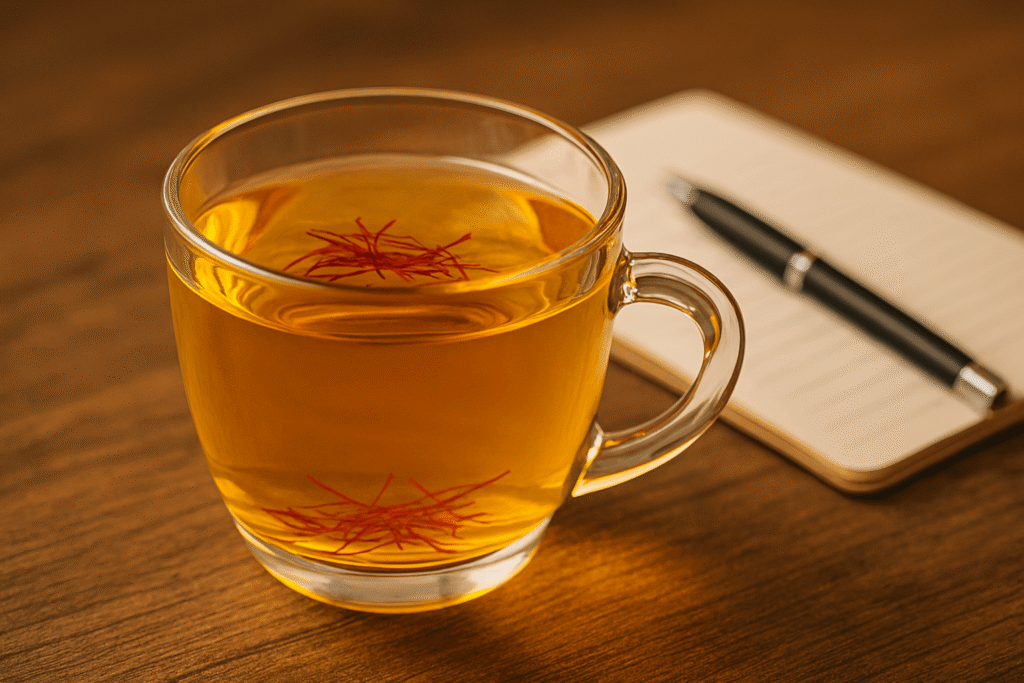
So yes, there’s evidence. But it’s early. It’s small-scale. It’s not enough to fully endorse saffron as “the new antidepressant.”
What Experts Say: A Balanced View
Many clinicians caution against replacing proven treatments. Though saffron shows promise, experts urge:
Viewing saffron as potentially complementary, not a replacement.
Consulting a healthcare provider first, especially before combining saffron with antidepressants, anxietytozen.comVerywell Health.
Being aware of side effects—like mild gastrointestinal discomfort—and the risk of serotonin overload when mixed with medications, Psychiatry RedefinedVerywell Health.
Recognizing quality control issues—supplements are poorly regulated. Verywell Health+1.
“What experts say about saffron, new antidepressant claims”
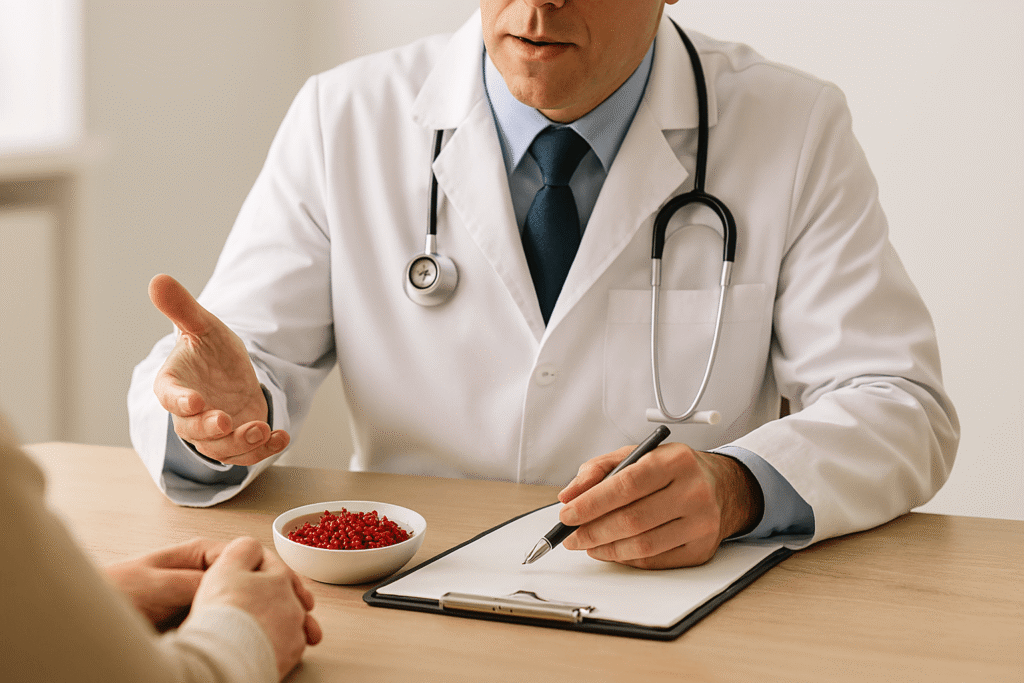
In short:
- Experts welcome research. But they don’t recommend skipping proven treatments.
- Experts advise talking to your doctor first.
- Experts say supplements vary. Quality isn’t guaranteed.
- Experts warn of side effects, interactions, and misuse.
Thus, the tone remains hopeful but cautious.
Transition Words Make It Flow
Also, readers stay engaged when writing moves forward smoothly. So, here’s how we do it:
- Moreover, science is still early.
- However, social media hypes saffron fast.
- Yet, experts urge caution.
- In fact, some small studies show promise.
- But, they don’t replace years of proven therapies.
- Therefore, don’t swap in saffron without advice.
These words keep the pace brisk. They link ideas clearly. That makes the article easy to read and understand.
Risks, Limitations, and Precautions
We must stress the limitations. First, saffron supplements vary in purity. One brand may contain only a small amount of the active component. Another may have fillers. Thus, even if studies used a specific extract, your supplement may differ.
Second, saffron is pricey. Many supplements are expensive. You might spend more than on standard therapy. Yet, just pay more doesn’t mean you get more benefit.
Third, mental health is complex. Depression has many causes. What helps one person may not help another. Saffron may help the mood for some. But for others, it may do nothing. Or, in rare cases, worsen symptoms.
Thus, don’t skip therapy. Don’t stop meds without consulting your doctor. Think of saffron as a possible addition, not a replacement.
Alternatives and Combinations
That said, there may be room for complementary use. For example:
- Combining saffron supplements with proven treatments might provide slight extra benefit. Again, more research is needed.
- Lifestyle changes—like exercise, sleep, and diet—have strong evidence. Pairing them with saffron is safer than relying on saffron alone.
- Some nutrients—like omega-3s, Vitamin D, and B-vitamins—also show modest mood support. Combining these with healthy habits and, perhaps, saffron could form a gentle support plan. But only with medical oversight.
Real Stories vs. Reality
Social media spotlights personal stories. Someone posts: “Saffron saved my mood.” That story spreads. It’s powerful. Yet it’s anecdote, not data. While stories feel real, they don’t prove cause and effect. In fact, people often feel better after starting something new, even a placebo. That’s normal. Plus, people sharing success stories may stop sharing if it doesn’t work for them. So, social media creates a skewed view of success.
In real life, placebo effects, natural mood shifts, or concurrent treatment changes may drive improvement, not saffron alone. That matters. It’s why experts rely on careful trials, not stories.
How to Approach Saffron (If You’re Curious)
If you still want to try saffron, here’s a sensible path:
- Consult your doctor or psychiatrist first. Tell them what you’re considering.
- Choose a reputable brand. Look for supplement companies with third-party testing.
- Start with a known dose. Stick to amounts used in trials—usually around 30 mg-60 mg saffron extract per day.
- Track your mood. Use a journal or a mood-tracking app. Note changes over 4–8 weeks.
- Watch for side effects. Nausea, dizziness, or changes in sleep or digestion can happen.
- Stay consistent with other treatments. Don’t stop therapy or meds.
- Evaluate honestly. If no benefit or any issues arise, stop and talk to your provider.
Final Thoughts
Social media loves headlines. “Saffron is the new antidepressant.” But that’s an overstatement. Science is hopeful. It’s not conclusive. Experts agree: promising, yes—but preliminary. Therefore, enjoy the conversation. Stay curious. But stay critical, too.
Saffron new antidepressant, may be a catchy phrase. However, experts ask for more: bigger studies, better quality control, long-term data, safety checks. Until then, saffron can be an interesting, gentle add-on—but not a substitute.
Medical Disclaimer
This article is for informational purposes only and is not a substitute for professional medical advice, diagnosis, or treatment. Always seek the advice of your physician or other qualified healthcare provider with any questions you may have regarding a medical condition. Never disregard professional medical advice or delay in seeking it because of something you have read here. If you think you may be experiencing depression or any mental health crisis, contact a licensed mental health professional or call your local helpline immediately.
Call to Action
Feeling curious about saffron’s potential mood benefits? Start by talking to your doctor before making any changes to your treatment plan. If you found this article helpful, share it with friends and family so they can make informed decisions too. Stay updated on health trends backed by real science—subscribe to our newsletter for evidence-based wellness insights every week.
